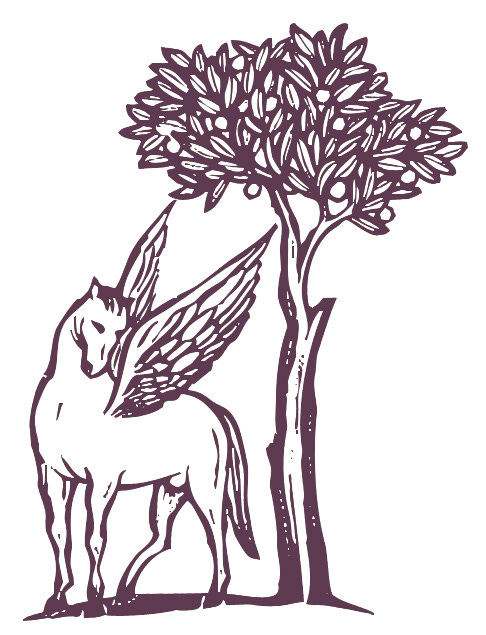Here’s a Meter Mystery that comes up often in these free-versy days. It was posted by Jen Schomburg Kanke, one of the Meter Mentors in Meter Magic Spiral, in the Spiral this week.
“So, my yoga teacher read this poem [see image above—AF] during savasana tonight and I heard the last line and got all excited because I was like "amphibrachs!!!!!" But then when she sent me the link to the poem, it turns out she'd read the line breaks slightly different than they were written (she read the "as though" as part of the last line). I do wonder how often really powerful parts of free verse would be metrical if the line breaks were just slightly different.”
This is a great question, and one I’ve discussed in The Ghost of Meter. where a number of the analyses of poems by Emily Dickinson and others pay close attention to the role of line-breaks in breaking up metrical patterns. But since many of the poets in the Spiral were interested in it, and since it has so much relevance not only to free verse but also in prose poetry/lyric prose (as in the example above), I thought I’d discuss it in general terms here as well.
Basically, it comes down to the distinction between ear and eye—which is key to the distinction between metrical and free verse (honestly, I find the term “free verse” harder and harder to say, because to me there is nothing freer than the feeling of letting a meter course through me and guide my words home—it is so much like the beating of wings through the sky…
…this is Pegasus at home, by Sylvio Testa..there’s quite a tale to this image, which I will share here another time…..) In free verse, the eye is queen, and the line-break, as far as the mind is concerned, obscures all else. But the mind, of course, isn’t all that’s involved in apperceiving a poem.
Keep reading with a 7-day free trial
Subscribe to Annie Finch's Five Directions to keep reading this post and get 7 days of free access to the full post archives.






